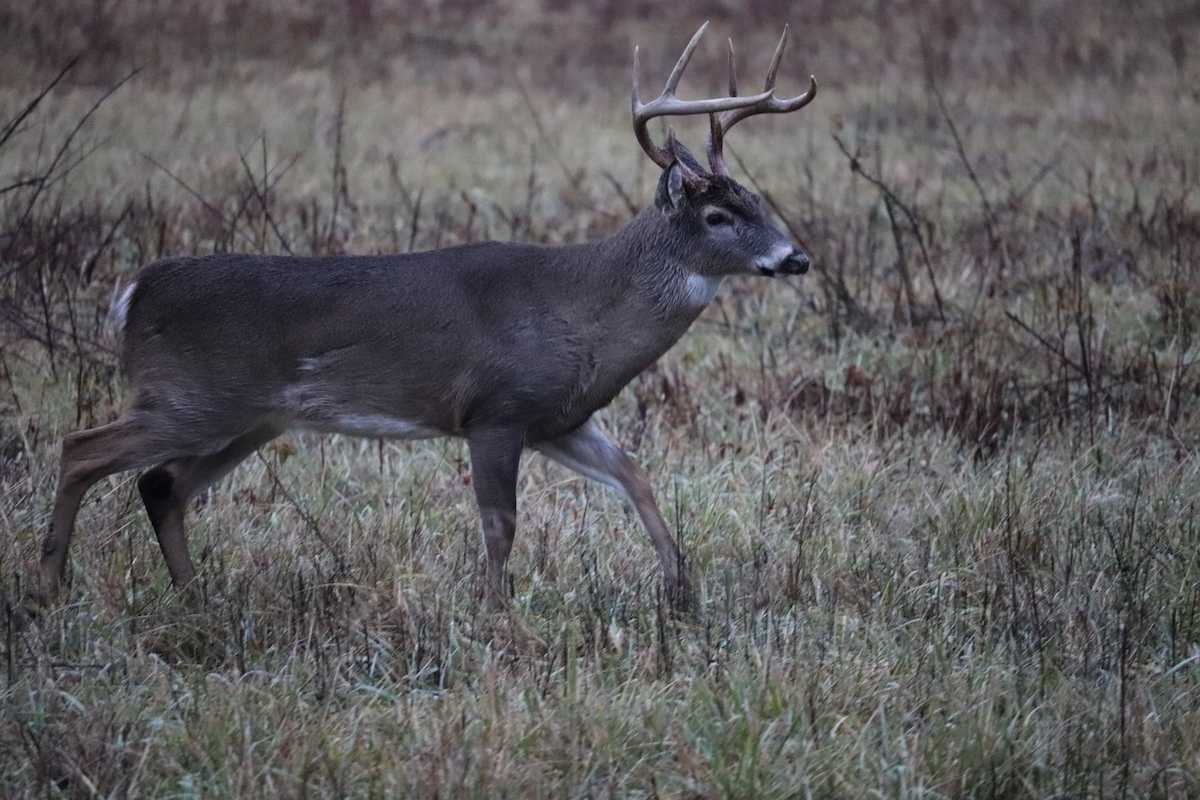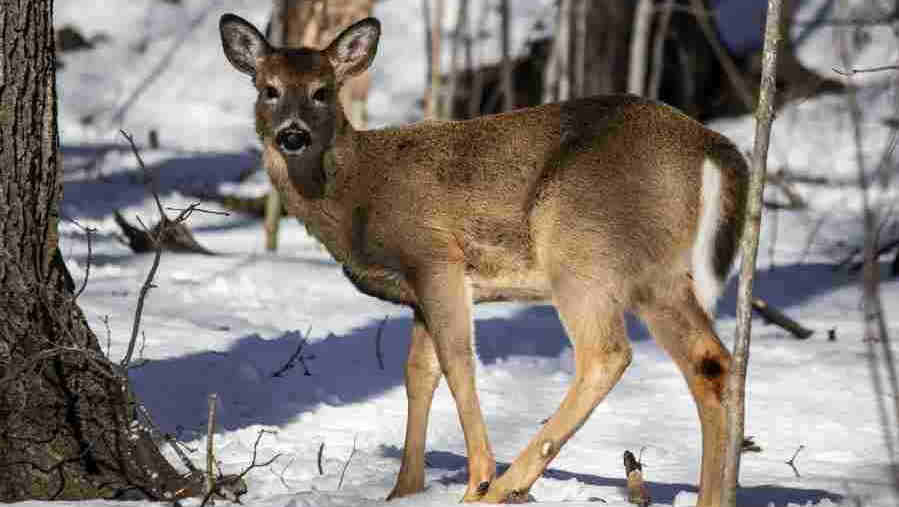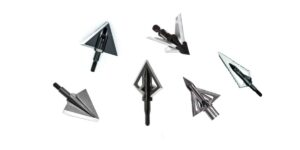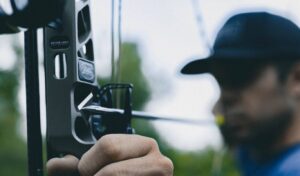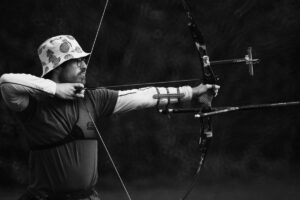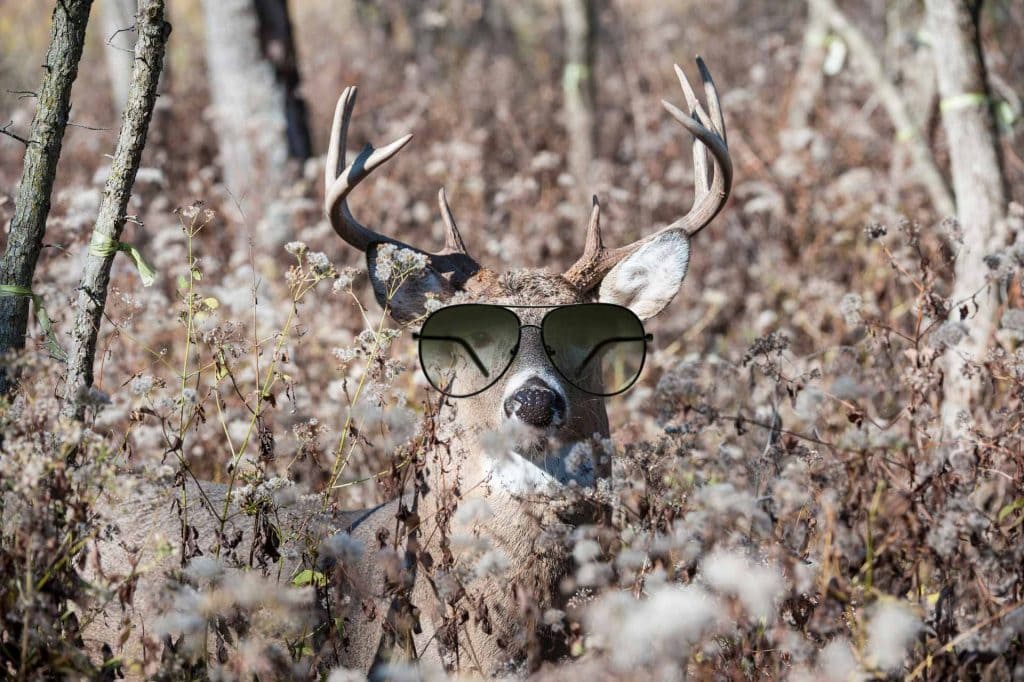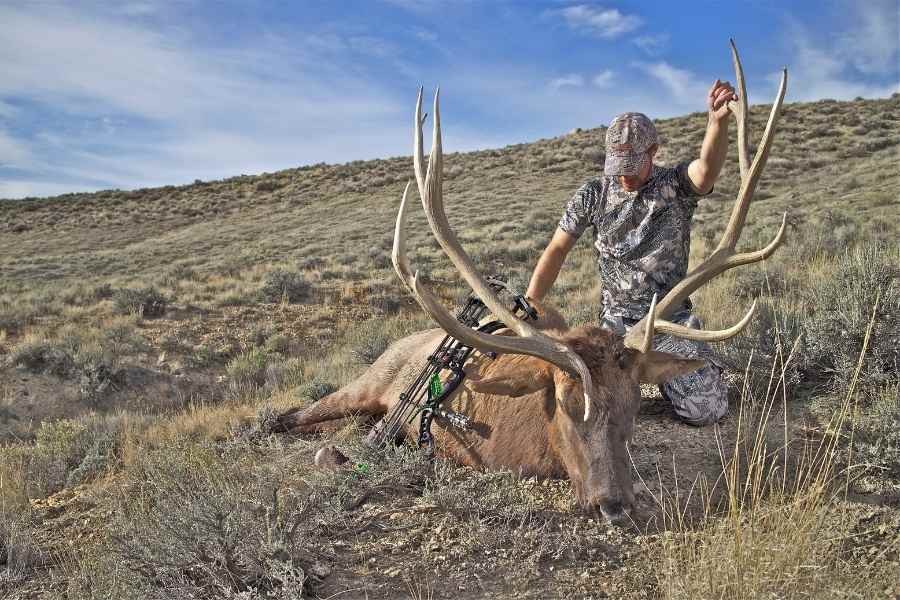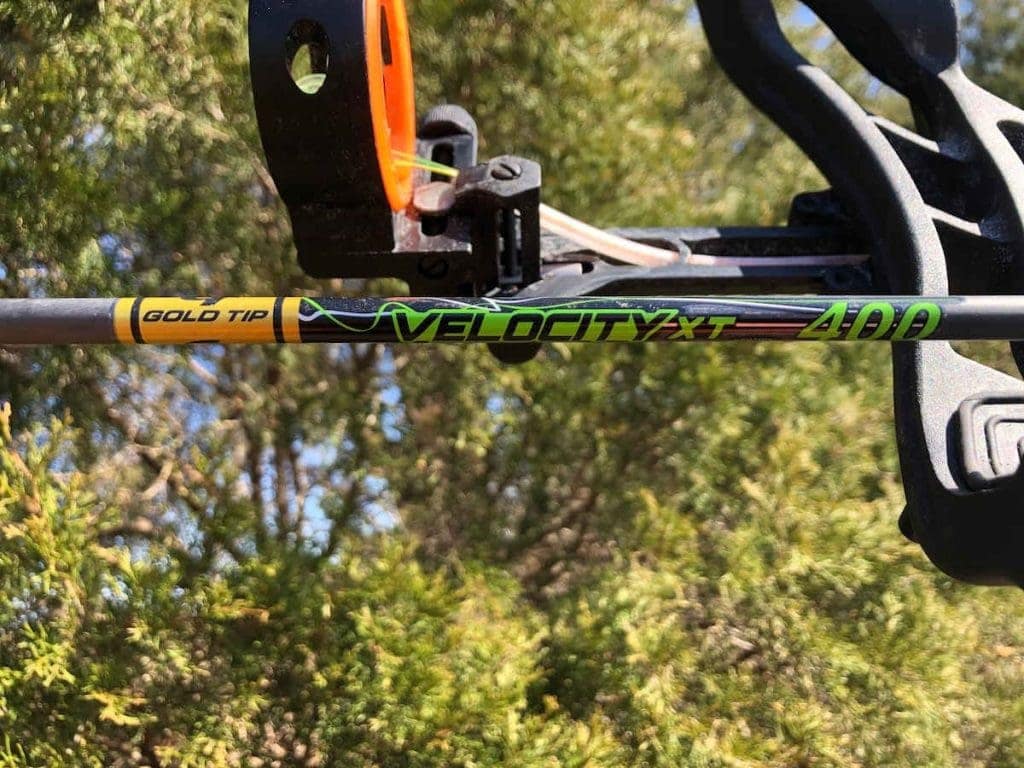As most are well aware, the weather heavily affects deer movement. However, some hunters are still uncertain as to when the best deer movement tends to take place. There are also many folk tales regarding how the weather affects deer movement, complicating matters further and making it hard to discern fact from fiction.
Many of these tales and a significant amount of arm-chair speculation center around how deer react when a heavy frost is on the ground.
Hunters often question whether deer will move with frost on the ground. Read on to learn more about how deer react to cold weather and frost.
Contents (Jump to Topic)
ToggleHow Frost Affects Deer Movement
Deer movement tends to be at its peak whenever cold air takes hold over an area. This is especially true if a relatively pronounced cold front has ushered in this cold air.
Most now agree that this phenomenon has as much to do with the changes in barometric pressure accompanying such weather as the actual cold weather itself.
Movement tends to peak during unseasonably cool weather, aligning with a barometric pressure rise.
read.. how fast can a stand recover from hunting pressure
Blue-bird skies, chilling mornings, and widespread frost often characterize these high-pressure days.
Therefore, frost does not serve as a dictating factor toward deer movement, but acts more as a natural characteristic of ideal deer movement weather.
There is no absolute truth to the notion that even the heaviest frosts hinder deer movement. The opposite is true.
Some hunters even prefer hunting on frosty mornings, not only due to the heightened deer movement that such mornings bring but also the audible crunching noise that deer make when moving across the frost-covered ground.
What About Extremely Cold Mornings?
Deer do indeed move on extremely cold mornings, though their actual movement patterns might be somewhat altered. Generally speaking, deer will later return to their bedding areas when frigid cold weather is afoot.
This means hunters might be at a greater risk of bumping deer when traveling to their stands before a morning hunt.
To avoid this, some hunters focus solely on hunting during the afternoon when extreme cold causes temperatures to plummet. Alternatively, hunting low-impact stand sites, where there is little risk of spooking deer on entry, is also a wise idea under such circumstances.
read.. do deer move in fog?
Nonetheless, hunting has a definite advantage when such frigid conditions are present, as irregularly heavy deer movement is practically a given.
This stems from the fact that deer require a much higher intake of calories to sustain their body temperatures in the extreme cold than would otherwise be necessitated under other circumstances.
To meet these nutritional demands, deer are forced to feed more frequently and at a much heavier rate than usual. This provides plenty of opportunity for any hunter willing to brave the extreme cold in an attempt to punch their tag.
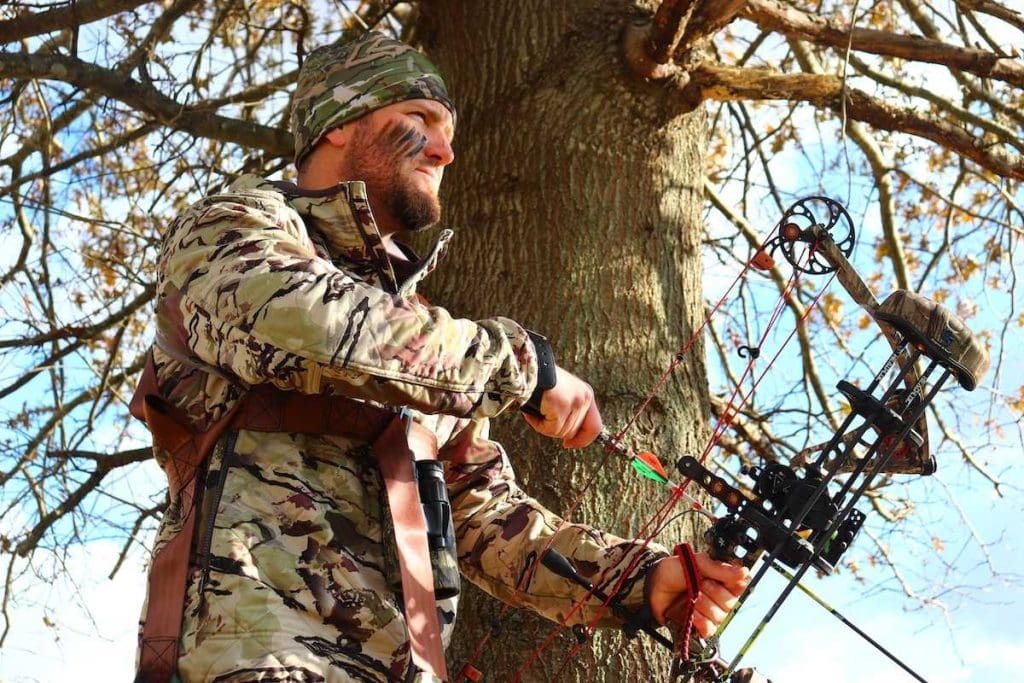
Do Deer Move In The Cold – Yes
To make the most of such opportunities, a hunter must come prepared to weather whatever mother nature throws their way. Most importantly, this includes dressing adequately for the weather at hand.
Furthermore, layering clothing when departing for a hunt is extremely important, as is wearing thermal underwear or any comparable base layer.
It is also advisable to pack your outer layers of clothing in a pack when walking to the stand before putting them on after reaching your destination.
This prevents you from sweating excessively under the increased warmth of a heavy outer layer of clothing when walking through various terrains.
This bears consideration because breaking a sweat while walking to the stand can severely damage your staying power during cold weather hunts.
Any sweat-related moisture accumulated during your initial walk to the stand will quickly chill upon ceasing all movement. This can send even the heartiest of hunters hastily retreating to their truck in short order.
Packing a handful of high-calorie snacks with you to the stand during cold weather hunts is also advisable. Periodically snacking while on a stand will help regulate your body temperature and prevent you from quickly getting the chills.
Granola bars, candy, and snack cakes are all worthy companions on cold-weather hunts.
Know The Weather
The first cold snap of fall brings about some of the best hunting of the season, making it prime time to punch an unfilled tag. Frost or no frost, every hunter should take full advantage of such an opportunity whenever possible.
With ample preparation, you might take your best buck to date this fall while sitting on a stand overlooking a frost-covered field or woodlot.
While deer movement might be slightly altered on extremely cold mornings, hunting during these conditions can still provide ample opportunity.
Preparation is key when braving the extreme cold to make the most of a hunt.
Most importantly, dress appropriately and layer your clothing to avoid sweating excessively. Pack high-calorie snacks to help regulate your body temperature, and always know the weather before departing for a hunt.
